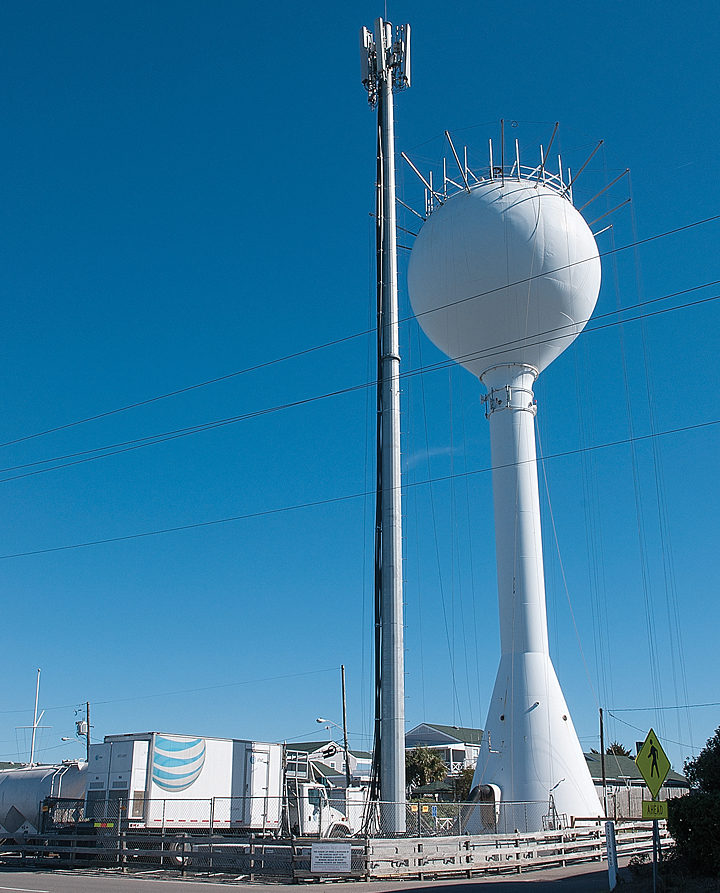The chemical manufacturer that came under intense local criticism last week said on Wednesday that it would stop discharging into the Cape Fear River a byproduct linked to cancer. However, the announcement that the Chemours Company would stop discharging GenX into the Cape Fear Public Utility Authority water supply doesn’t mean the revelation won’t impact Wrightsville Beach’s deliberations on whether to eventually join the region’s water supply.
While Wrightsville Beach Town Manager Tim Owens said an engineering study of the town’s water system was nearly ready to release, Wrightsville Beach Mayor Bill Blair said that the CFPUA would have a better understanding of the impact of the GenX release into the water before the town could move forward.
“We simply will need to know more about what this means,” said Blair, noting that any major deal with the CFPUA would likely require several public hearings.
Notably, it will be important to know if tests by the Environmental Protection Agency and the N.C. Department of Environmental and Natural Resources show that the GenX contamination affected a town well, Blair said.
The well is located near a storage aquifer used by the CFPUA, raising questions about whether there is some seepage into the Wrightsville Beach water supply. The Town of Wrightsville Beach’s water supply is drawn through nine wells, between 160 and 180 feet deep, from the PeeDee Aquifer below the surface.
As part of a long-term process to address water quality issues in Wrightsville Beach, the town is evaluating its water system’s capacity, needs and issues, with proposals of working more closely with — or outright joining — the CFPUA water system.
The town in 2014 established an ad-hoc committee to improve the local water and sewer system, which includes a study currently being conducted by Raleigh-based engineering firm McKim & Creed. The ad-hoc committee was formed after residents complained of the water’s taste, smell and discoloration.
After evaluating the system, the firm will present recommendations that consider five potential options for the town, each of which will come with challenges.
On one end, the town could purchase water from the neighboring CFPUA to supplement the town’s water supply from May to September, when use rises sharply. Other similar options could include the town buying water from the CFPUA to store until peak season or the town purchasing all of its water from the neighboring system.
The study will also look at the value of the system to evaluate the benefits of selling the town’s water and sewer system to the CFPUA, which would then operate it. The firm will also laid out a “hybrid” plan that could see the town selling some assets on the mainland to CFPUA while continue its operations of the island system.
Owens said the details of the study would likely be ready by August.
Email [email protected]




